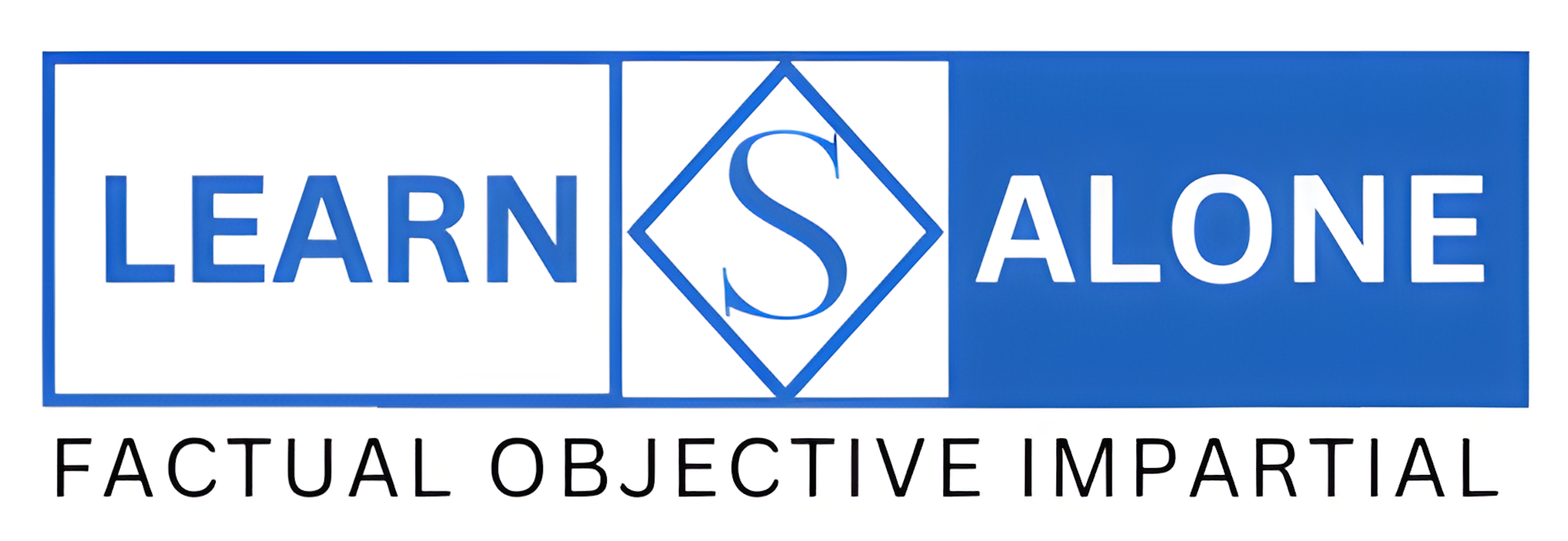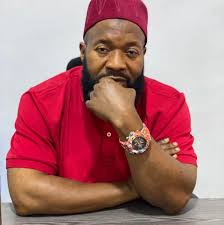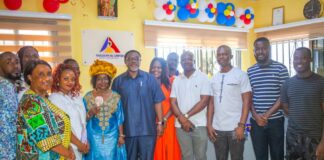By Edward Dictionary Caulker
When Alhaji Sheik Mohamed Omodu Kamara, better known as Jagaban, announced plans to launch Sierra Leone’s first motorcycle assembly plant, the news sparked excitement. Branded the Jagaban Okada, the initiative promised affordable motorbikes, new jobs, and a bold step toward local industrialization. For many citizens, it felt like a much-needed breath of fresh air in an economy where opportunities are scarce.
But the excitement did not last long. Just weeks later, the highly anticipated groundbreaking ceremony was abruptly stopped by police. Organizers insisted that they had secured clearance, yet “orders from above” halted everything. No clear explanation followed, and Sierra Leoneans were left in confusion. Was this about enforcing regulations, or was Jagaban being punished not for business but for politics?
The dilemma is complicated by Jagaban’s identity. He is not simply a businessman. As a well-known stalwart of the opposition All People’s Congress (APC), his wealth, generosity, and ambition are all tied to politics. This blurs the line between development and political strategy. Journalist Melvin Tijan Mansaray put it bluntly on the Epic Morning Show: “There needs to be a clear distinction between Jagaban as a businessman and Jagaban as a politician. If Jagaban is pursuing this project purely as a businessman, then he should reconsider contesting for the highest office in the land.”
For ordinary Sierra Leoneans, this is the crux of the matter. Can Jagaban be trusted as a genuine entrepreneur seeking to create jobs, or is every project he launches a veiled campaign for power? His style of leadership has long been associated with spending—he sponsors community events, donates generously, and invests heavily in ventures that carry his name. Supporters hail this as philanthropy. Critics see it as a calculated effort to buy loyalty and build a political empire. That leaves citizens questioning whether his wealth is building opportunities or simply building a political machine, and how sustainable such a model of development really is.
In a country where state-led job creation has been weak, Sierra Leoneans have grown accustomed to relying on wealthy individuals to step in where government fails. Jagaban is exploiting that gap, but whether that counts as genuine governance or just short-term influence remains debatable. His affiliation with the APC also complicates matters. Had the assembly plant gone ahead without interference, Jagaban would have earned widespread goodwill, while the ruling Sierra Leone People’s Party (SLPP) would have been left on the defensive. Blocking him may have slowed his political momentum, but it also risks angering citizens desperate for jobs and affordable transport.
This exposes an uncomfortable truth: in Sierra Leone, development is often filtered through politics. Projects are not judged only by their merit but also by who is behind them—government or opposition. In the end, citizens suffer when initiatives are stifled out of rivalry.
Globally, it is common for wealthy business moguls to finance politics, but few seek the presidency themselves. In Sierra Leone, the line is thinner. Figures like Jagaban have flirted with political leadership, leaving voters divided. Can a businessman with deep pockets truly be accountable in politics? Does private money translate into good public leadership? Or is it just another way of turning politics into a marketplace?
Some see Jagaban as a disruptor whose entrepreneurial drive could shake up the system. Others view him as a dangerous cocktail of money and politics, with spending power overshadowing democratic fairness. What ordinary Sierra Leoneans want, however, is less about political battles and more about daily survival—jobs, opportunities, and affordable transport.
The blocked motorcycle plant therefore represents something much larger than a single investment. It symbolizes Sierra Leone’s ongoing struggle to reconcile development with politics. If genuine investments are suffocated because of political rivalry, the people lose. If businessmen mask their political ambitions as development, the people also lose.
The Jagaban Okada saga is not merely about motorbikes. It is about trust, accountability, and whether Sierra Leone can finally put the interests of its people above the relentless pull of political rivalry. Until authorities explain why this project was stopped, speculation will persist. Was it because Jagaban is an opposition heavyweight with deep pockets, or because he cannot separate politics from business? For citizens, the bigger question lingers: when will Sierra Leone reach the point where industrial growth and job creation are not sacrificed at the altar of politics?



